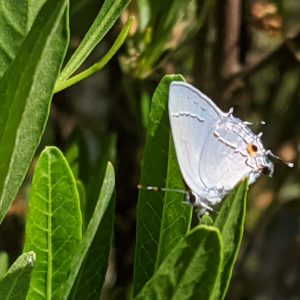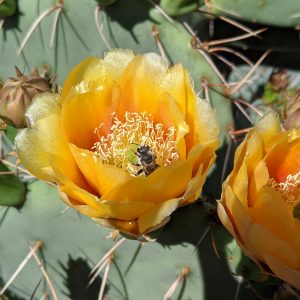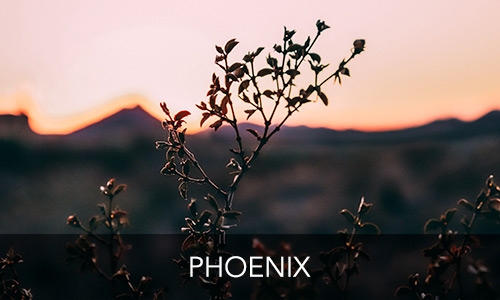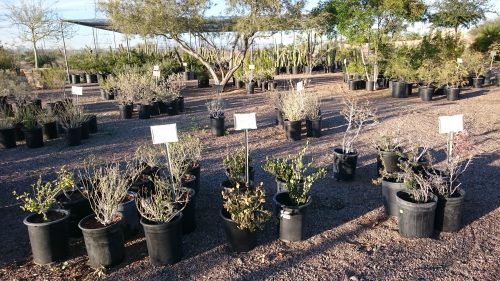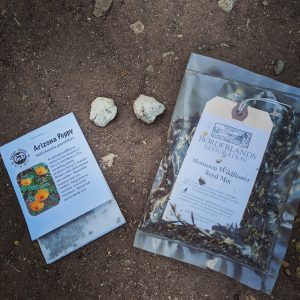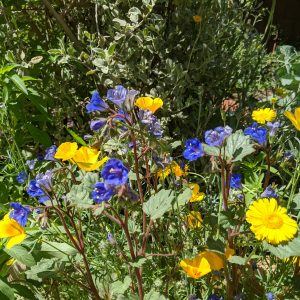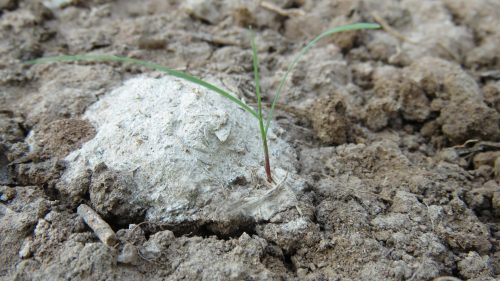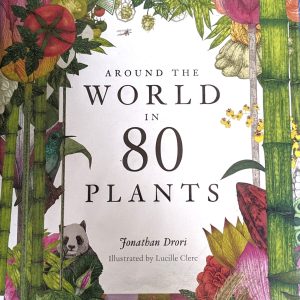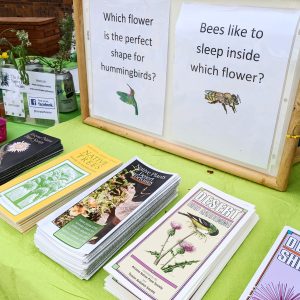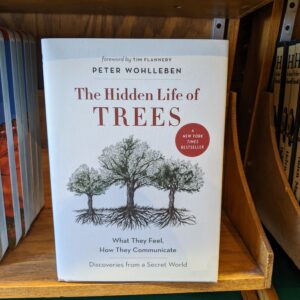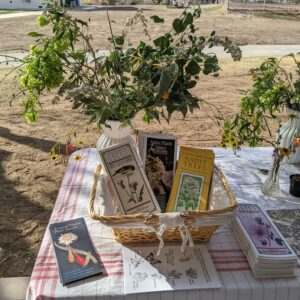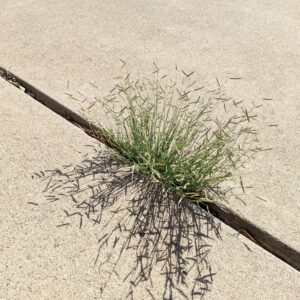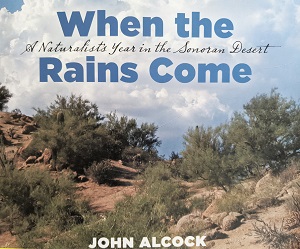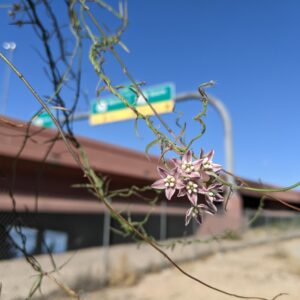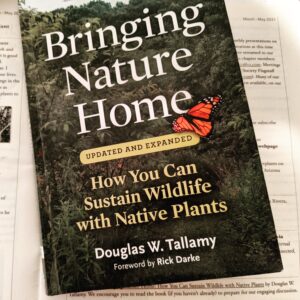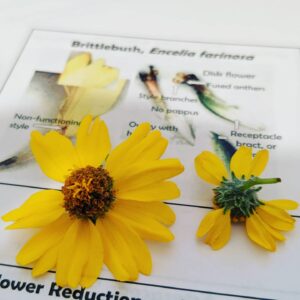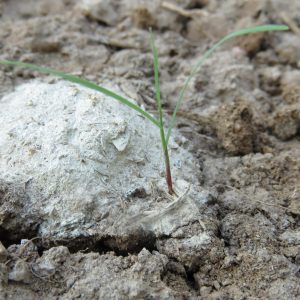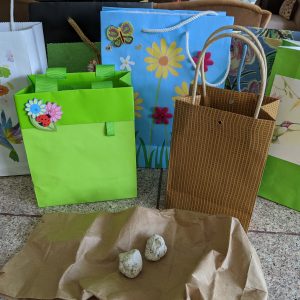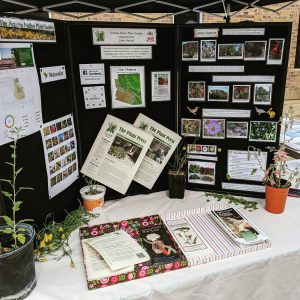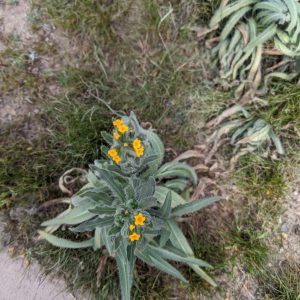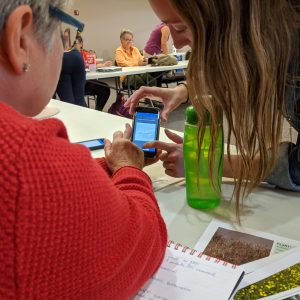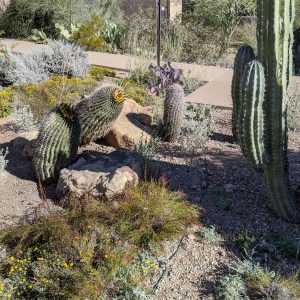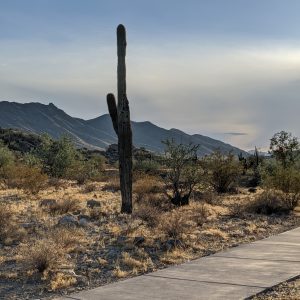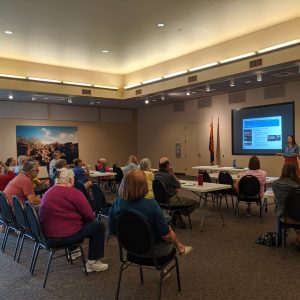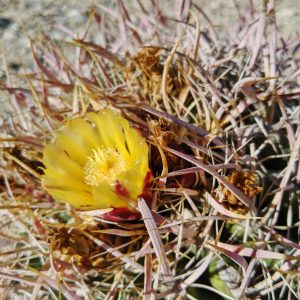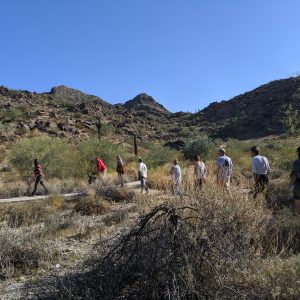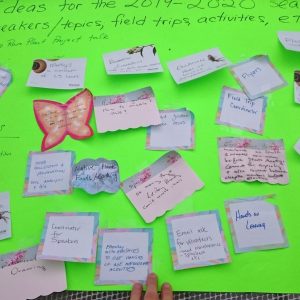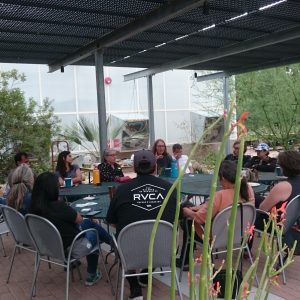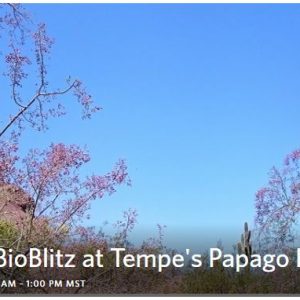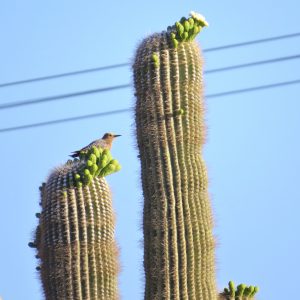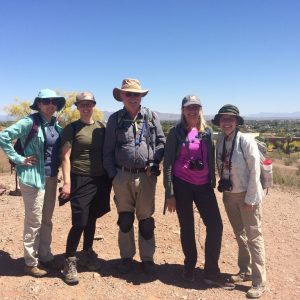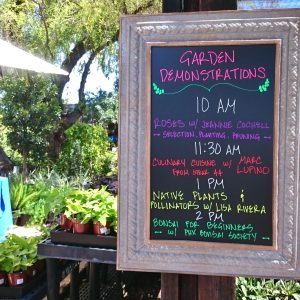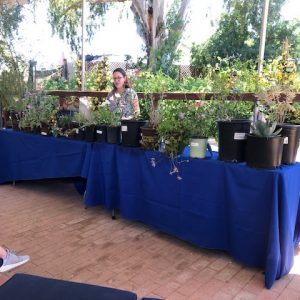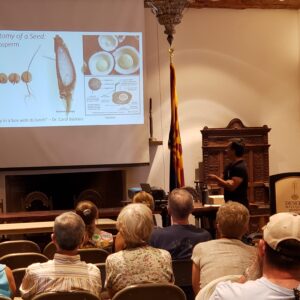Volunteering Opportunities
Want to get involved? We've got just the thing!
Conservation Volunteer Opportunities
If you are interested in volunteer activities related to restoration, invasive species control, gardening, conservation, or scientific research, we recommend contacting the following organizations.
Citizen Science Opportunities
These are citizen science and community science projects you can participate in on your own at home, during a walk in your neighborhood, or while visiting Arizona’s public lands.
iNaturalist
Contribute photos and information about your wildlife sightings to have them identified by other iNaturalist users. “Research grade” observations also contribute to scientific research.
Saguaro Census
Help the Desert Botanical Garden document saguaro cactus in the urban areas of metro Phoenix and take notes on their overall health. You may also submit reports of dead saguaros. A training event is scheduled for November 14. See the Desert Botanical Garden website for more information and to RSVP.
Desert Refuge – Monarchs and Milkweeds in Arizona
Document the presence of monarchs and the seasonal changes of milkweed at a location of your choosing.
Nature’s Notebook
Document the seasonal changes in plants or animals near your home by becoming a USA – National Phenology Network observer.
Budburst
Observe plants as part of this national program to help scientist understand how plants are responding to long-term changes in climate. Or, join their Milkweeds and Monarchs project which is studying whether monarch butterflies prefer to lay eggs on non-flowering milkweed plants.
Libraries as Hubs for Citizen Science
Visit a participating library that loans out citizen science tools and supplies.
Buffelgrass Green-up
Contribute invasive buffelgrass observations to the USA – National Phenology Network’s Buffelgrass Green-Up phenophase map.
Southwest Monarch Study
Monarchs need milkweed and nectar plants, so hopefully you have these growing in your yard or neighborhood! Join this monarch “tagging” project to help document Western monarch migration.
Desert Defenders
A special initiative in metro Phoenix to identify and map invasive plants. There is also a special project dedicated to locating stinknet (Oncosiphon piluliferum/pilulifer).
Wild Spotter
While visiting National Forests and other wild lands, keep an eye out for invasive plants.
Tamarisk Beetle Monitoring
Help RiversEdge West track the spread of tamarisk beetles (Diorhabda spp.) across the western United States and Mexico. Data is used for an annual distribution map that notes presence and absence of tamarisk beetles.
Western Monarch Milkweed Mapper
If you see milkweed plants or monarch butterflies, eggs, or caterpillars while outdoors, take a photo and submit your sighting to this regional project.
GLOBE Observer
Participate in their Land Cover project to help scientists create better maps. Or, join the Trees project by taking height and circumference measurements.
eBird
Native plants attract a variety of birds. Report the type of birds you see in your yard, neighborhood, or local park.
Bumble Bee Watch
Native flowering plants are essential for bumble bees. Help scientists track their populations by submitting photos of the ones you see.
Rainlog.org
If you have a rain gauge at home (or decide to purchase one), join this Arizona rainfall monitoring network to submit your daily rainfall totals.
Zooniverse
Select from a variety of online projects to contribute to real academic research from your own computer.
DigiVol
Access digitized natural history data online to help transcribe and decipher field notebooks, photographs, museum labels, and data sheets from around the world.
